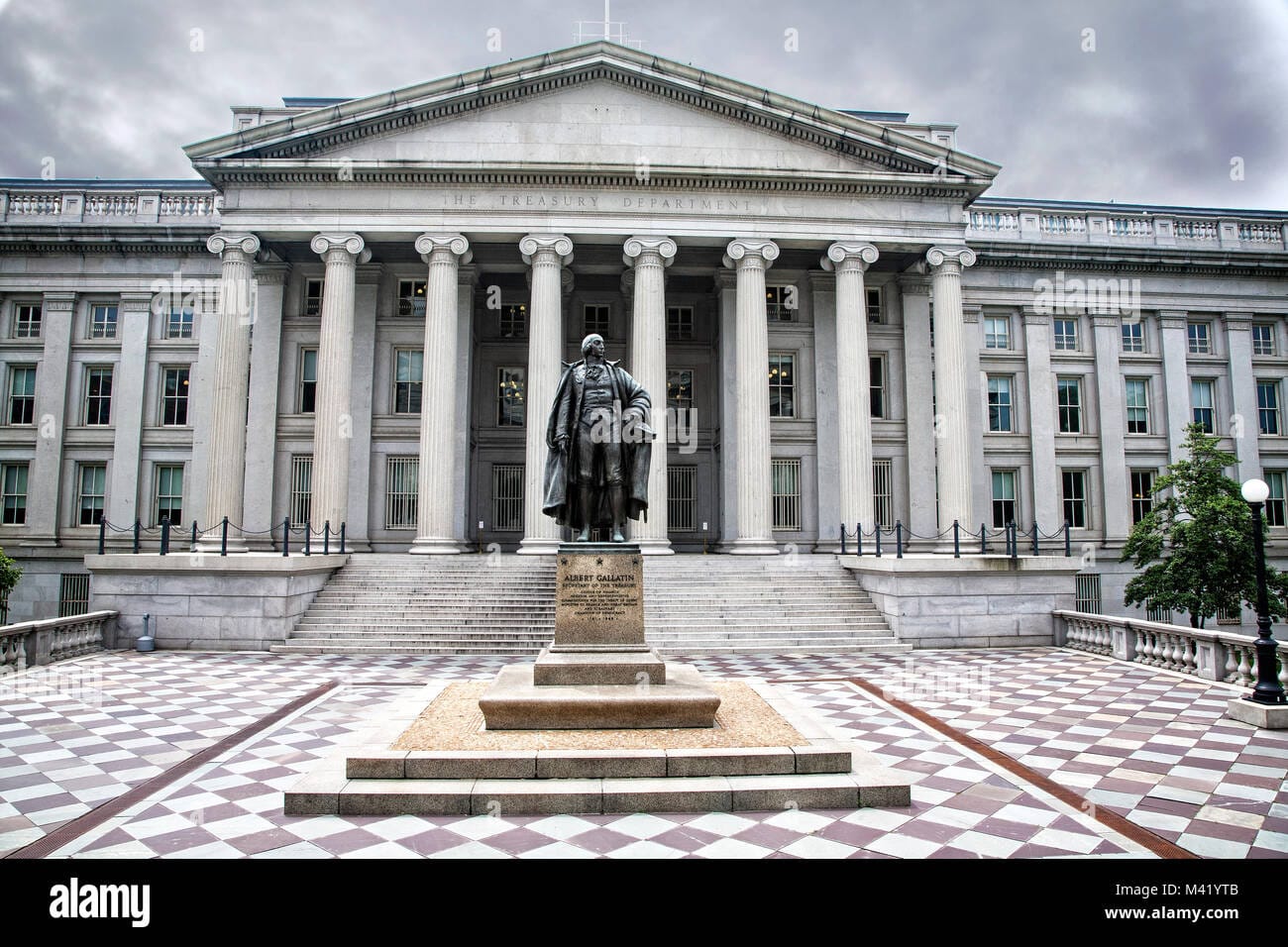Elon Musk, the billionaire entrepreneur and CEO of multiple influential companies including Tesla and SpaceX, has recently been at the center of a significant discussion regarding access to U.S. government systems. A recent legal decision has curtailed efforts by Musk’s Department of Government Efficiency (DOGE) to access the sensitive payment systems maintained by the U.S. Treasury. The implications of this development are being widely analyzed as the situation unfolds.
The Department of Government Efficiency, an initiative led by Musk to ostensibly eliminate federal waste, appears to have sought extensive access to Treasury payment systems. These systems manage trillions of dollars annually, responsible for a wide range of governmental payouts, from Social Security benefits to Medicare reimbursements, and federal salaries. The decision, however, highlights growing concerns over safeguarding sensitive personal and financial information.
The issue came to light through a lawsuit initiated by unions representing federal employees, alongside advocacy groups. According to the plaintiffs, granting Musk’s team access to such critical systems could potentially lead to privacy violations or even national security risks, given the volume and sensitivity of the data involved. Advocacy groups further argued that Musk’s interests may not strictly align with the principles of an impartial governmental operation, raising questions about possible misuse of the information.
A Federal judge issued a ruling barring Musk and his team from engaging with the system beyond limited “read-only” parameters. This prevents any alterations or deeper access into the Treasury’s Bureau of the Fiscal Service databases, which store expansive records. According to court filings, this decision came in response to fears that Musk’s internal team could leverage the data in ways that go beyond the stated purpose of improving “efficiency.”
The Treasury Department itself has consistently maintained that a balance needed to be struck in allowing innovative private sector-led reforms while safeguarding the sensitive nature of government operations. Experts note that Musk’s access could have provided him unparalleled insight into government financial flows, and any data mismanagement from this source might significantly harm public trust.
To make matters more contentious, the decision to temporarily ban access came shortly after a series of related controversies surfaced. It is alleged that deeper-than-necessary access was given to Musk-connected entities during a brief collaborative effort aimed at redirecting some federal funding risk inefficiencies. Lawmakers, including those from the Senate Intelligence Committee, have pressed for a complete audit of any data already inspected by DOGE staff before the ban.
Musk’s representatives have expressed disappointment in the court’s decision, labeling it as counterproductive to the very purpose of efficiency reform in government operations. According to spokespersons from his team, the initiative was solely motivated by a need to uncover mismanagements. Still, they assured the Treasury they would adhere to any interim measures placed on access as they pursued further legal options.
Public confidence has also been shaken by reports that unnecessary levels of penetration toward portions of Treasury archival code were made possible due to cross-administrative mismanagement. Internal safeguards against agencies externalizing record transactions might need significant updates following introspection rounds caused by cases Musk’s employees-and-tied audit active areas–ò flagged abuse similar scenarios inhibitive future solved unique architecture-related trans cases analyzed chains harm wobbly awkward-yup major-round


